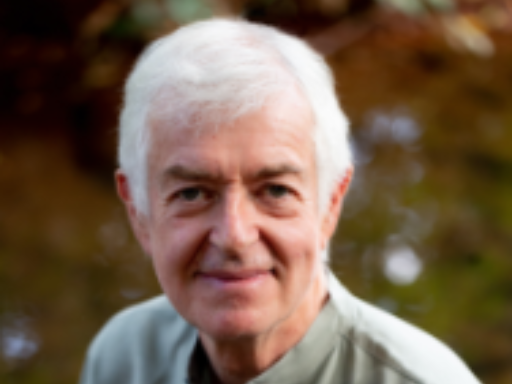I’ve been musing on the phenomenon of “triggering” for a long time now, and I’m still thinking about it.
The intellectual knowledge of this phenomenon/process is pretty simple, really. Something someone says, or does, “triggers” an issue, or a wound, and we feel something – usually anger, or sadness, or simply, hurt. In my opinion, and those of many writers and sages, this is nothing more than the way we’re “designed” for growth – since the trigger is really nothing more than a signpost to something that needs to be healed in us.
Michael Brown, in his wonderful book, The Presence Process, refers to the sources of these triggers as “messengers”, whose primary function in our lives is to trigger our issues. He cautions us not to “shoot the messenger”, since they are merely the person delivering the mail, so to speak.
I’ve developed a reminder thought that I sometimes manage to remember when I’m triggered: “When I’m upset, it’s never about the other person.”
It’s interesting to me to note that pulling the more physical “trigger” results in an actual bullet being fired – so we really do “shoot the messenger” unless and until we learn how to manage our “trigger fingers”.
Viktor Frankl, the psychiatrist, philosopher and concentration camp survivor, in his beautiful book, “Man’s search for meaning”, was one of the first contemporary philosophers to talk about the instant, the moment, after we’re triggered. When something happens “to us”, and we get triggered, we then have a choice as to how to react or respond. He posits (to clumsily summarize) that the time and space between the trigger and our response is the point at which we have power, because we are in a place of choice.
When we first start out on a spiritual path, often it will seem as if we have no choice whatsoever as to how to respond when triggered. The instant is too microscopically short for us to be able to choose. So, we lash out, usually in anger – a sort of automatic defense.
As we grow, however, and cultivate the witness within us, that witness is able to recognize that we’ve been triggered, and more and more we find ourselves able to find a little more “control” over our responses.
At this early stage of choice after a trigger, we’re able to resist or refrain from doing or saying something violent or hurtful, perhaps remembering in that moment to take a deep breath, or say a prayer, or use some other mind/body tactic that works. But that will most likely be it.
Yes, this is better than lashing out, but it doesn’t go far enough. The problem is that, in this state, most of us will shut down our hearts in a self-protective reaction.
So, this is for me the next step in this process – to discover how to keep my heart open after I’ve been triggered. Because, I’ve experienced what it’s like to be on the receiving end, when my partner’s heart shuts down, and it’s palpable, and often painful. The psychic portcullis drops down, and even if the reaction is muted and civil, the wall that goes up is nonetheless studded with sharp spikes – those that were built for our protection, usually quite early in our lives.
To stay “in love” when we’re triggered – that’s the final frontier of spiritual growth.
In closing, here are three of my favorite quotes from Viktor Frankl:
“Everything can be taken from a man but one thing: the last of the human freedoms—to choose one’s attitude in any given set of circumstances, to choose one’s own way.”
“When we are no longer able to change a situation, we are challenged to change ourselves.”
“Between stimulus and response there is a space. In that space is our power to choose our response. In our response lies our growth and our freedom.”
